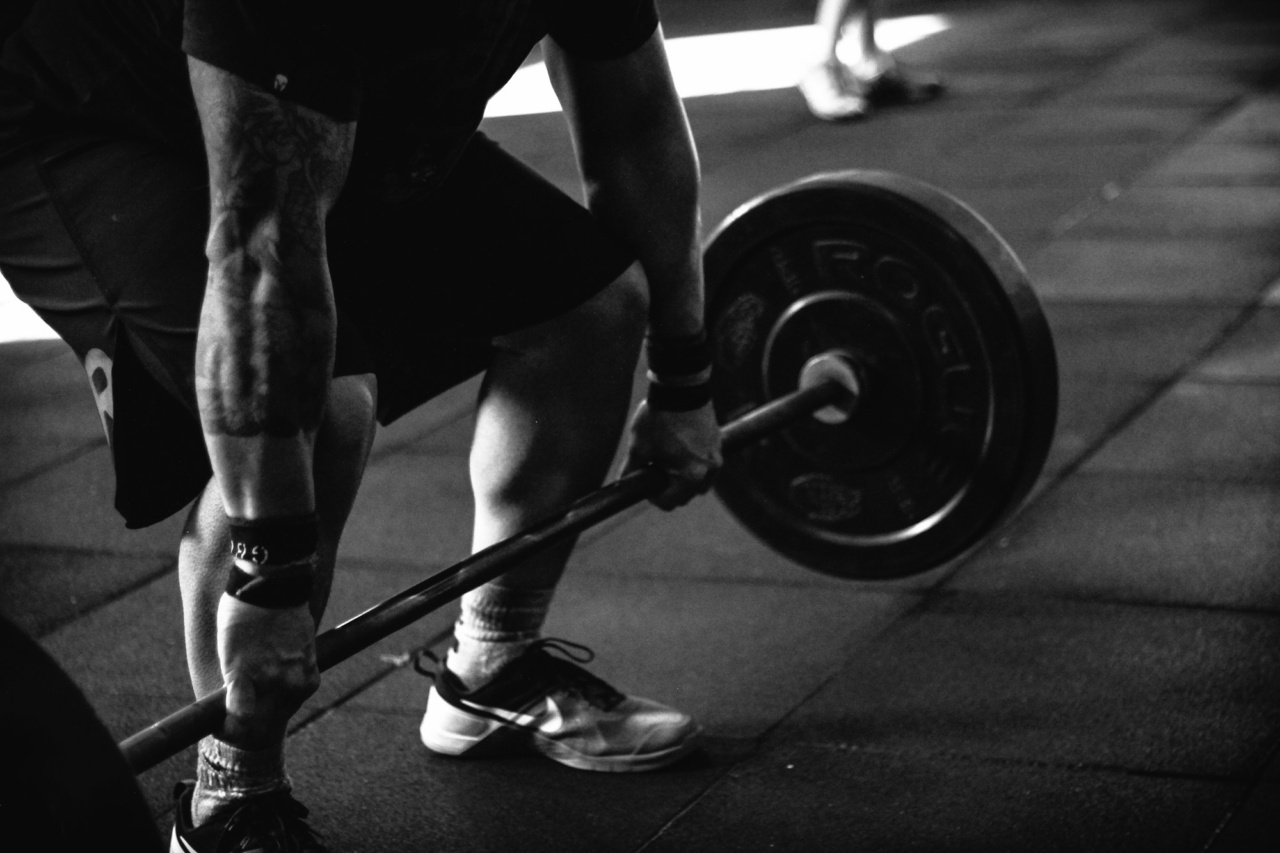When it comes to weight lifting, protein is often touted as the holy grail of muscle building and recovery.
But why is protein so important, and how much of it do you need after a workout? In this article, we’ll dive into the science behind protein and weight lifting, and why getting enough of this macronutrient is crucial for optimal results.
What is Protein, and Why Do You Need It?
Protein is an essential nutrient that our bodies use to build and repair tissues. It’s made up of amino acids, which are the building blocks of muscle and other tissues in the body. When you lift weights, you create tiny micro-tears in your muscles.
Your body then uses protein to repair these tears, making your muscles stronger and bigger in the process.
But protein isn’t just important for muscle growth and recovery. It’s also essential for a number of other bodily functions, including:.
- Producing enzymes and hormones
- Transporting nutrients and oxygen in the blood
- Maintaining healthy skin, hair, and nails
- Supporting a healthy immune system
How Much Protein Do You Need?
The amount of protein you need after weight lifting depends on a number of factors, including your body weight, the intensity of your workout, and your overall fitness goals.
The general rule of thumb is to consume between 0.14 and 0.23 grams of protein per pound of body weight within 30 minutes to an hour after your workout.
So, if you weigh 150 pounds, you would want to aim for 21 to 34 grams of protein after your weight lifting session.
If you’re not sure how much protein you need, consider consulting with a registered dietitian or another health professional who can guide you based on your specific needs.
The Benefits of Protein After Weight Lifting
1. Increased Muscle Growth
As we mentioned earlier, protein is essential for muscle growth and repair. When you lift weights, you create small tears in your muscle fibers.
By providing your body with enough protein after your workout, you give your muscles the nutrients they need to repair and grow stronger, leading to increased muscle mass over time.
2. Improved Muscle Recovery
When you lift weights, your body undergoes a process called muscle protein breakdown, where muscle proteins are broken down and used for energy. This can lead to muscle soreness and fatigue in the hours and days after your workout.
Consuming protein after your workout can help to reduce muscle protein breakdown and improve muscle recovery, allowing you to get back into the gym sooner and work out more effectively.
3. Increased Strength and Endurance
Protein is also important for building and repairing the tissues that support your muscles, such as ligaments and tendons.
By consuming enough protein after your workout, you can help to strengthen these tissues, leading to increased strength and endurance over time.
4. Reduced Hunger and Improved Weight Management
Protein is also known for its ability to keep you feeling full and satisfied. By consuming protein after your workout, you may be less likely to overeat or reach for unhealthy snacks later in the day.
This can help with weight management and may even lead to improved body composition over time.
What Are the Best Protein Sources?
When it comes to getting enough protein after weight lifting, not all sources are created equal. Some of the best sources of protein for post-workout recovery include:.
- Lean meats, such as chicken, turkey, and fish
- Eggs
- Low-fat dairy products, such as Greek yogurt or cottage cheese
- Plant-based options, such as tofu, lentils, or beans
- Protein shakes or bars
It’s important to choose high-quality protein sources that are rich in all of the essential amino acids your body needs to repair and build muscle tissue.
Conclusion
Protein is absolutely crucial for optimal muscle growth, recovery, and overall health and wellness.
By consuming enough protein after weight lifting, you can help your muscles recover and grow stronger, leading to improved strength, endurance, and body composition over time.































